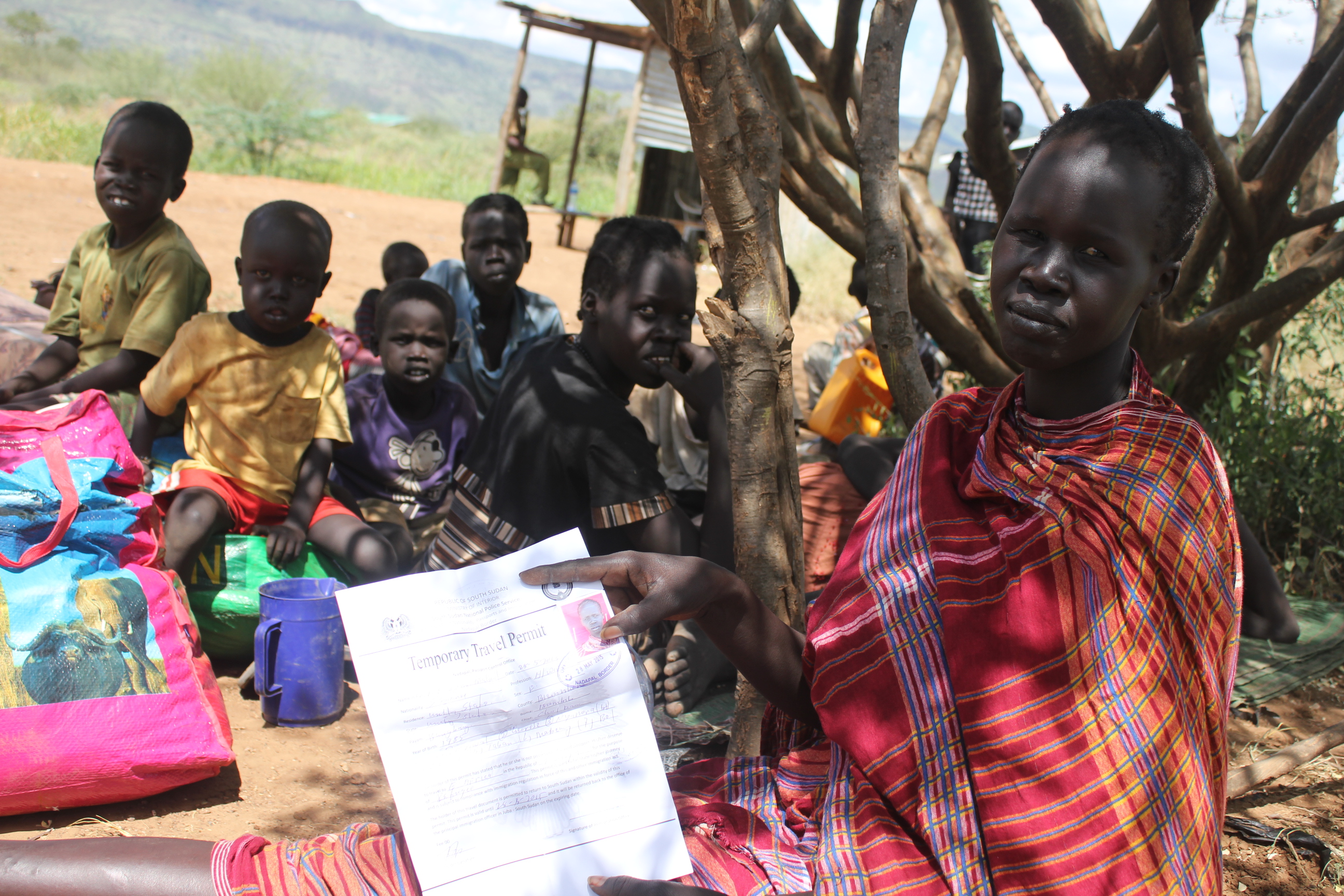By Qaabata Boru – qaabata007@yahoo.com
South Sudan gained independence from Sudan in 2011 after decades of warfare and yet the state has failed to manage its own administration in accordance with the rule of law. A series of violent outbreaks based on ethnic cleansing have been organized since December 2013.
The civil war in the world’s youngest nation was started as a result of a power struggle between President Kirr and his former deputy Riek Machar. The battles were largely fought along ethnic lines, splitting the people of south Sudan of the Dinka ethnic group, who supported President Kirr, against the Nuer who backed Mr. Machar.
Kirr signed a peace deal in the Capital, Juba, on 27th August 2015 to end the 24 months of conflict with rebels while Mr. Machar signed the peace accord in Addis Ababa, Ethiopia on 17th Aug. 2015. The aim of the deal was to end the civil war and bring Riek Machar back to government as vice president.
It’s not yet clear if the peace deal could restore the rule of law and foster the implementation of the peace agreement.
In the course of the civil war thousands have died, more than 2.3 million people have fled their homes and nearly half of the population is internally displaced. According to a UN Mission in South Sudan, more than 200,000 civilians are sheltering at the UN Peace keeping base in Juba due to the brutal conflict.
Fighters on both sides – government and rebels – have been accused of committing atrocities and gross violations of human rights that includes the use of rape as a weapon of war, widespread raiding, direct attacks on civilians that included burning of people and their homes.
According to the UN Refugee Agency UNHCR, the conflict that erupted in South Sudan in December 2013 has produced one of the world’s largest humanitarian emergencies.
In the fall of 2015, a journalist from KANERE travelled to South Sudan and found compelling stories on the south Sudanese refugees who are fleeing violence from newly started conflicts in Juba that have impelled large numbers of people into exile. “It was devastating to see women and children stranded and starving in the bush and along the border points” said KANERE’s reporter.
There’s been a large flow of refugees across the borders of Uganda, Ethiopia, and Kenya seeking asylum after the Juba conflict that has existed for two years.
Between 400 – 1,000 refugees from south Sudan have been crossing the border into Kenya at Lokichoggio -Nadapal. Hundreds of these migrants are fleeing their homes due to the fighting between rebels and government that had intensely escalated to kidnapping of children, raping of women and stealing of cattle, and burning homes and farms continued for a very long time without solution.
Many of these refugees have been stacked at the entry points waiting travel documents to enter Kenya as border checks have been intensified.

According to the refugees interviewed by KANERE, it took them at least a week to get the travel document to reach Kakuma refugee camp because of the delays in the waiting process. “I run with my children, my husband went to bush and he never returned” Mrs. Deng told KANERE.
Along the porous border points of Lokichoggio – Nadapal, there has been a stop over with a checkpoint where the UNHCR operates at the border post reception. There’s also the police post and immigration office. Many of the new arrivals coming through this route aim to reach Kakuma where they seek shelter and protection.
Despite the protracted refugee situation, Kakuma camp has turned out to be a new home for the thousands of South Sudanese who have been uprooted over the decades – many of whom regard Kakuma as a calm and peaceful place to reconstruct an alternative life.
The UNHCR and the Department of Refugee Affairs (DRA) continue to do registration, reception and protection of new arrivals of whom the majority remain women and children.

2 replies on “Signing of peace deal”
[…] Signing of peace deal | Kakuma News Reflector – A Refugee Free Press […]
It seems Kenya announced some days back that all refugees in Kenya,i.e kakuma and Dadaab to be removed. As a result some services were curtailed for a time others still. Do you have any official version of that Kabata? Is the government position changed or not?